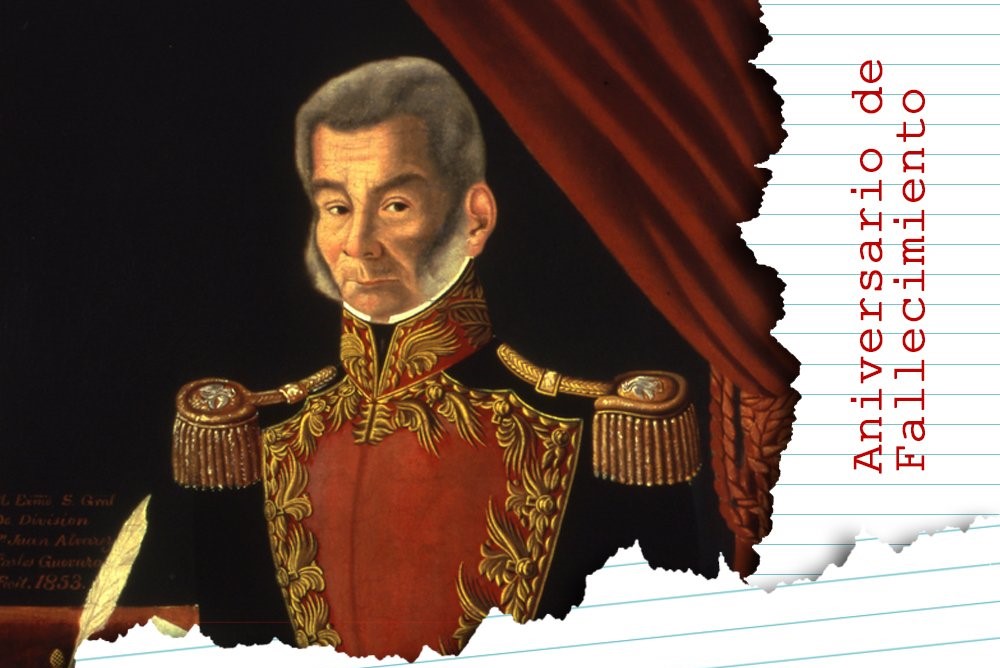One of the heroes of Mexico's struggle for independence: Who is Juan Alvarez?
By banning all special courts, he took away the jurisdiction of the church and military courts. A decree announced that the lands of the church would be distributed to the farmers. But...

(1780-1867) Mexican soldier and statesman. He is one of the leaders of the war of independence. Born in Gucrrero, died in Acapulco. Various resistance units were fighting for independence in Mexico in the 1810s. Priest Hidalgo y Costilla, one of the best-known resistance leaders, issued a declaration of independence in 1810. After his assassination, one of his aides, Jose Maria Morelos y Pavon, assumed leadership of the movement. In 1811, Alvarez joined the resistance army led by Morelos. After the murder of Morelos in 1815, the resistance units continued the Republican and nationalist tradition started by Hidalgo and Morelos. In this fight, Alvarez was on the front lines.
Augustin de Iturbide, a royal army officer who assumed the leadership of the conservative-leaning Centralists in 1821, collaborated with Vicente Guerrero, leader of the republican independence movement. The Iguala Plan they prepared together envisaged the independence of Mexico. Adopting this plan, Alvarez surrounded the port of Acapulco with his military forces; He held the city until he left the army in 1822.
In August 1821, the viceroy sent by Spain was forced to sign a treaty recognizing the independence of Mexico. Iturbide became president. Alvarez was one of the leaders of the Liberals who advocated federalism after independence. In 1822, Iturbide dissolved the congress, declaring his empire. The Liberals, led by Santa Ana, Guerrero, and Alvarez, revolted and removed Iturbide from power. With the republican constitution adopted in 1824, the Federalists' candidate became president. By 1833, power changed several times between Federalists and Centralists. In 1833, Santa Ana, allied with the Federalists, was elected president.
In 1845, the United States took Texas, which had declared its independence from Mexico, and declared war on Mexico. Alvarez, who had great influence in the mountainous regions of the south, especially in the city of Guerrero, formed a military force in this region and fought against the United States in 1847. Two years later he established a federal state in Guerrero and became its first ruler. When Mexico was defeated by the United States in 1848, Santa Ana went abroad. The Conservatives, who came to power in 1853, invited Santa Ana to the country for the presidency. The defected Santa Ana established an authoritarian government backed by the Conservatives and proclaimed his dictatorship to death.
Alvarez, who was against the rule of Santa Ana, revolted in Ayulta with Ignacio Comonfort, taking advantage of his desire to include the city of Guerrero in the national administration. In 1854 they published a manifesto called the Ayulta Plan. The declaration, which called for an assembly to change the constitution, was supported by the middle classes. Alvarez and Comonfort envisioned a federal structure with strong political institutions and liberal thought. They wanted the abolition of the privileges of the army and the church, the establishment of secularism, the reduction of the financial power of the church, and the establishment of a law-based justice system. As a result of their struggle, Santa Ana fled the country in 1855; Alvarez became president.
All special courts were banned, and the courts of the church and army were deprived of their jurisdiction. A decree announced that the lands of the church would be distributed to the farmers. Conservatives' reaction to the reforms was fierce. Worn out, Alvarez withdrew from the presidency within a few months; was replaced by Comonfort. The proclamation of the new constitution in 1857, which included many reforms, led to a civil war between Liberals and Conservatives. In the war that lasted until 1860, Alvarez defended the southern region against the Conservatives. The civil war ended in victory for the Liberals. Exiled, the Conservatives secured the support of Napoleon III in France. At the age of eighty-four in 1864, Alvarez fought against the French who were attacking Mexico. In 1865, Napoleon III proclaimed Maximilian of the House of Habsburg emperor of Mexico. Alvarez died two years later in Acapulco.
